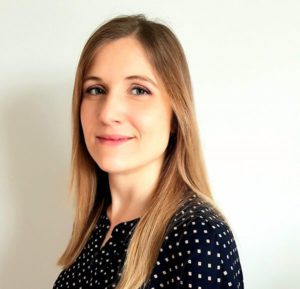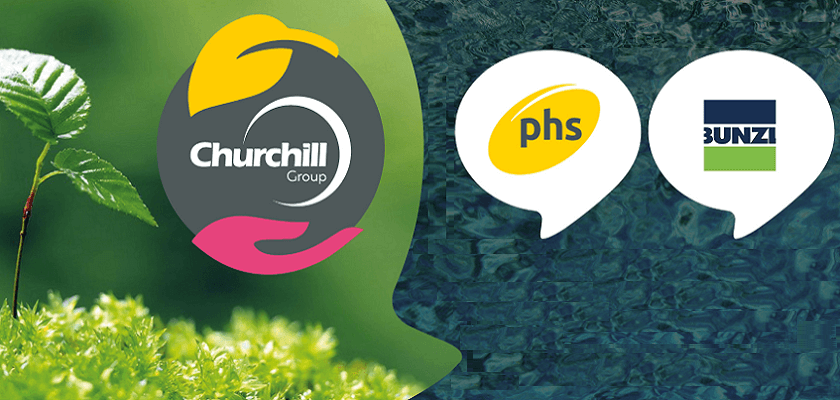
Sustainability is a topic that’s very close to our hearts here at Churchill, and having launched our sustainability charter back in 2019, we’ve come a long way. We’ve not only worked to reduce our environmental impact but also built a robust and measurable carbon footprint baseline. This year we have been awarded silver status by EcoVadis in recognition of our sustainability practices.
We’ll be the first to admit that we don’t have the perfect answer to sustainable solutions, but we do have an unwavering dedication towards making more sustainable choices and are willingly open and transparent with our supply chain and our customers on the issue, an approach that enables the sharing of best practice.
Progress often stems from conversation and collaboration. That’s why we took the time out on 20th October to host a virtual roundtable event with a selection of our key sustainability partners. The event saw clients and supply partners share innovations and best practice on the road to net zero and inspire further action. It also featured a lively Q&A session. We know we can achieve amazing things when we all choose to make change together, so keep an eye out for future events.
Here, we recount some of the key success stories from the roundtable:
Paul Doble – phs Group
Hygiene specialist, phs Group, has centred much of its sustainability efforts around quantifiable action, manifesting in a variety of initiatives. It has built a partnership network with energy recovery facilities, now diverting 80% of the waste it manages and 88% of the waste it picks away from landfill sites.
It has also introduced a range of new sustainable products, including:
- A battery-free, fragrance-free, and 100% recyclable passive air fragrance unit
- A flow-saver urinal that uses infrared sensors, reducing the amount of water used by 70% – across the 450 pubs that have installed them, 80 million litres of water are saved annually
- ECONYL mats made from regenerated nylon that is recovered from fishing nets that have been dumped in the oceans
- Energy efficient hand dryers that are 30% more efficient than its previous product generation
Internally, the firm implemented route optimisation software among its 1,200 vehicles to eliminate unnecessary mileage, and driver behavioural software to deliver safety and environmental benefits. Combined, these helped save 361 tonnes of CO2 in the first year of deployment.
phs will have replaced 400 vehicles by 2021 with new models that will save 2.2 tonnes each per year (totalling 1,500 tonnes in annual emission reductions) and is trialling the use of electric vehicles in London.
Anna McArdle – Bunzl Cleaning & Hygiene Supplies
Having recently announced 2050 net zero targets, Bunzl has been looking to cut emissions in a variety of ways, transitioning to a low-carbon fleet, trialling alternative fuels, improving energy efficiency at its warehouses and procuring and generating renewable electricity.
A key initiative has seen the firm adopting solar film matting within its delivery vehicles that uses solar energy to power its tail lifts. Tested in 10 vehicles, these collectively saved half a tonne of greenhouse gas emissions in just one month – this is on top of working to ensure 50% of its warehouses have LED lighting installed to drastically reduce energy consumption.
On the social side, the firm has donated £150,000 of stock and monetary donations to nominated charity partner Emmaus in the past two years. Indeed, much of its success stems from helping others. It has launched a product sustainability indicator, for example, providing sustainability ratings to various products to help companies measure their footprints.
Bunzl has supported Churchill directly through carbon forecast reporting, reducing emissions from deliveries by 35,000 kg of CO2 (equating to driving around the world 13 times). It has also helped to offset many of its customers’ remaining emissions through verified carbon projects. This includes a UK-based tree budding scheme that pledges trees to local schools and councils, and a Brazil-based rainforest protection scheme.



